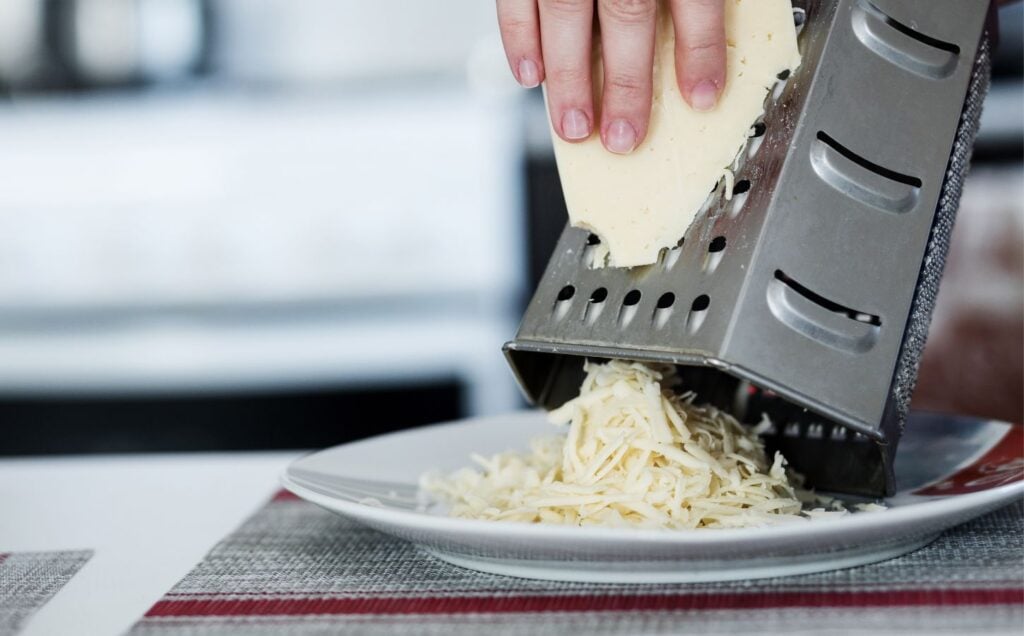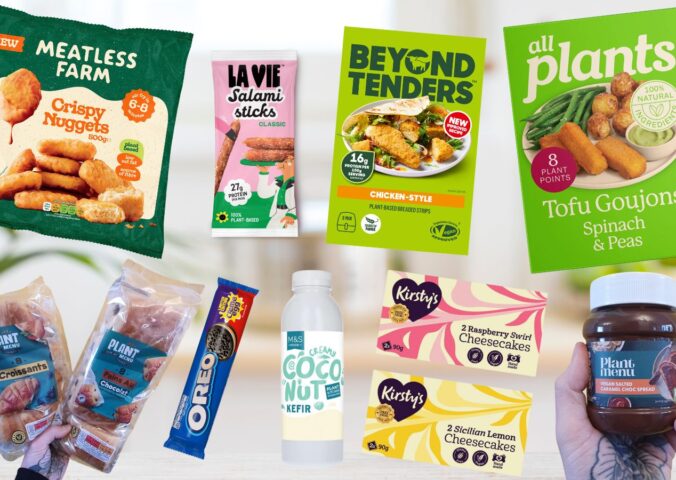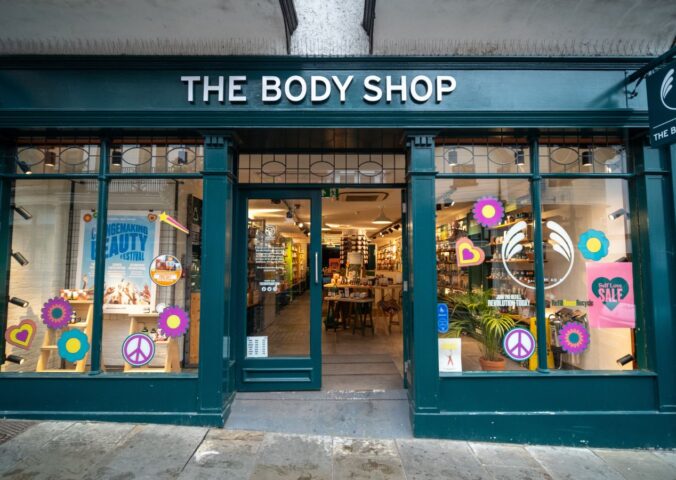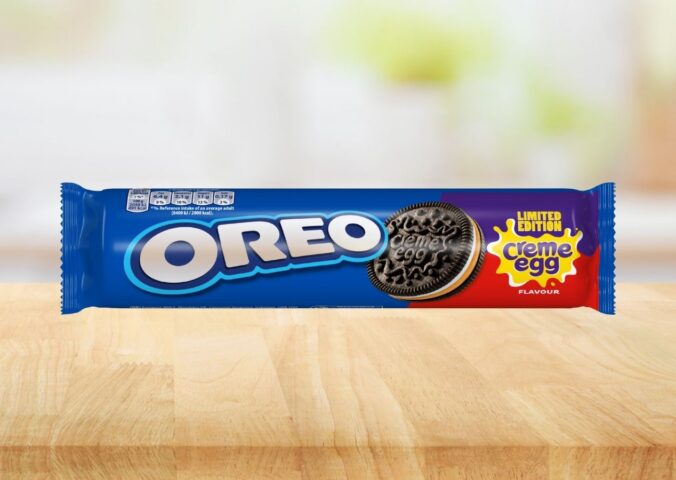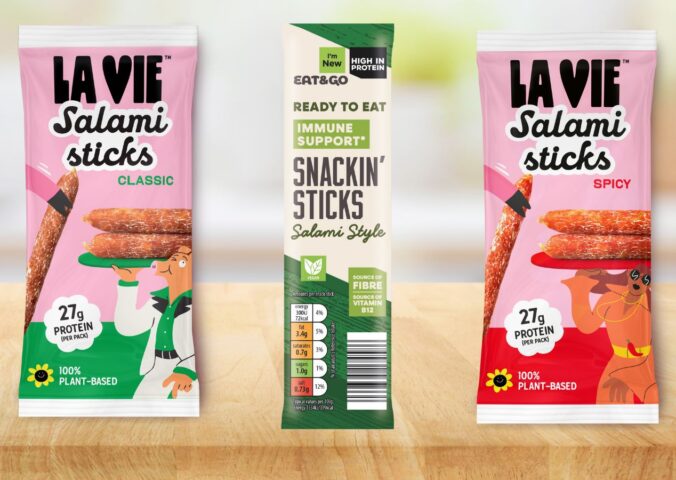A new study has found that 81 percent of Gen-Z (those aged between 10 and 25) are willing to swap out dairy while cooking.
The study, which came from the plant-based brand Oatly, looked at the attitudes people in Britain have around plant-based alternatives.
It also found that more than 40 percent of Brits are keen to use dairy-free alternatives when they cook, but that they are still reluctant to make the swap.
Around 45 percent of people had preconceived ideas about the taste, which put them off ditching dairy for plant-based milk. Performance and cost were also cited by 23 percent of respondents.
Cheese and cream were the foods people were most hesitant to replace, with 35 percent and 34 percent considering them the least swappable respectively.
There was also a geographical divide. Those in Yorkshire were least likely, with 41 percent saying they had no plans to ditch dairy. The research found that Londoners were generally keen, however, with 73 percent stating they’d be willing.
“It’s encouraging to see Brits willing and open to making more plant-based swaps in their cooking, whether it’s for their own health or that of the planet,” said Lucy Hopkins-Parkinson, Oatly’s UK head of communications.
“We’ve helped inspire millions to swap out dairy in their coffee, but when it comes to cooking, there are some preconceived barriers we still need to overcome.”
The rise of dairy alternatives
The dairy-free market was valued at $22.25 billion in 2021. It’s been projected to rise to $61.43 billion by 2029.
Plant-based milk, in particular, has seen a staggering rise in popularity.
A study earlier this year found that almost half of Gen Z felt shame around ordering dairy.
The research, by dairy company Arla, also found that more than a quarter of respondents thought cutting out animal products was best for the environment.
The huge costs of dairy
Many people give up dairy due to concerns about animal welfare, health, and the environment.
Cows exploited in the dairy industry are repeatedly impregnated each year until their body gives up, at which point they’re sent to the slaughterhouse. Their calf is taken from them each time they give birth so that humans can drink their milk.
Dairy has also been linked to increased risk of a number of health problems, including heart disease and type 2 diabetes.
The dairy industry alone contributes to at least four percent of global greenhouse gas emissions, and it also contributes to deforestation and biodiversity loss. A study from 2018 found that ditching meat and dairy is the “single biggest way” to reduce your impact on the environment.
